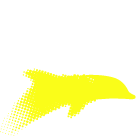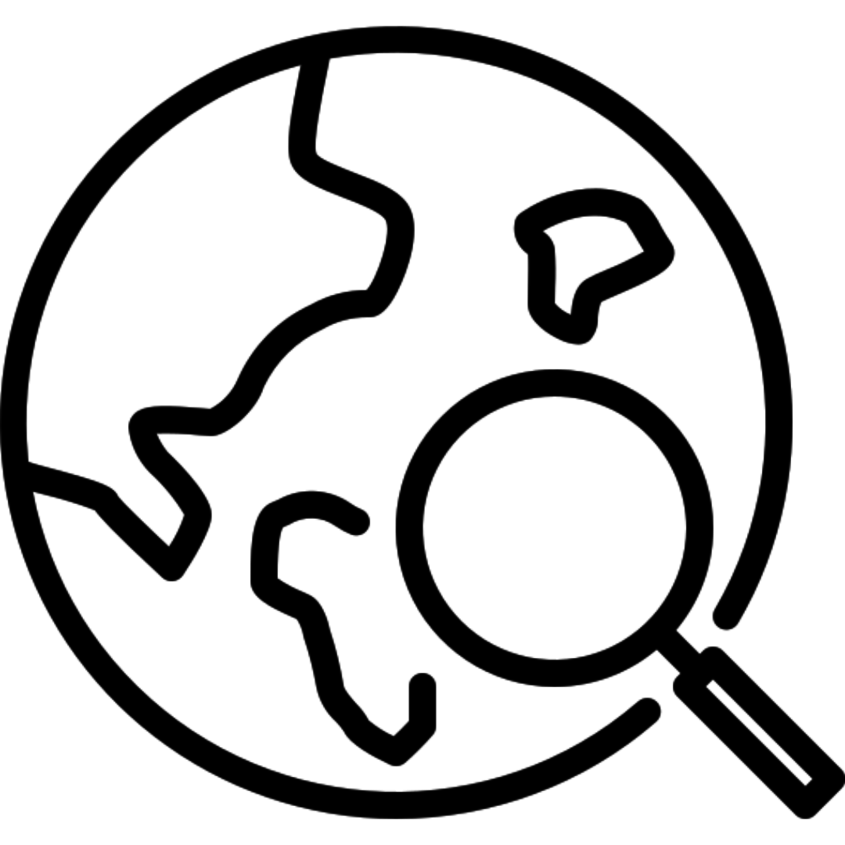Argo 2030
Scale : France
Dates : 2021 - 2029
Our role: Argo real-time data processing.
Financiers : Agence Nationale de la Recherche (ANR)
Partnerships : Ifremer, Sorbonne Université, CNRS/INSU et UBO
Link to website : https://www.argo-france.fr/en/Projects/Argo-2030
Description :
The Argo-2030 project is the winner of the call for expressions of interest in Structural Equipment for Research (ESR/ EquipEx+) launched in 2020. Argo-2030 is funded for the period 2021-2029. It is co-sponsored by Ifremer and Sorbonne University. The project is a partnership between Ifremer, Sorbonne University, CNRS/INSU and UBO.
Argo-2030 is fully integrated into Argo-France. Its objective is (1) to acquire 15 BGC-Argo floats to consolidate the French contribution to BGC-Argo and to enable the country to fulfil its international commitment; (2) to prepare the next phase of Argo by testing and validating a second generation of BGC and Deep-Argo floats that will increase the scientific potential of the network. Argo-2030 proposes to acquire 14 BGC-ECO-Argo floats and 22 Deep-6000 floats. The BGC-ECO-Argo floats are BGC-Argo floats equipped with ecological sensors to observe marine ecosystems. They will provide observations ranging from physical dynamics to high trophic levels (zooplankton and small fish), thus extending the scope of Argo to marine ecological research. The Deep-6000 floats will strengthen the Argo network by sampling the deep sea layers, and providing deep biogeochemical observations through the oxygen sensors they will be equipped with. These floats will revolutionise ocean science by addressing, and ultimately solving, the current chronic under-sampling of marine ecosystems and abyssal layers.
This project is a partnership between Ifremer, Sorbonne University, CNRS/INSU and UBO.
The laboratories involved are LOPS (UMR 6523), LOV (UMR 7093), Ifremer/RDT and Ifremer/IRSI.
This project has received the support of the French government within the framework of the "Investissements d'avenir" program integrated in France 2030 and managed by the Agence Nationale de la Recherche (ANR) under the reference "ANR-21-ESRE-0019".







